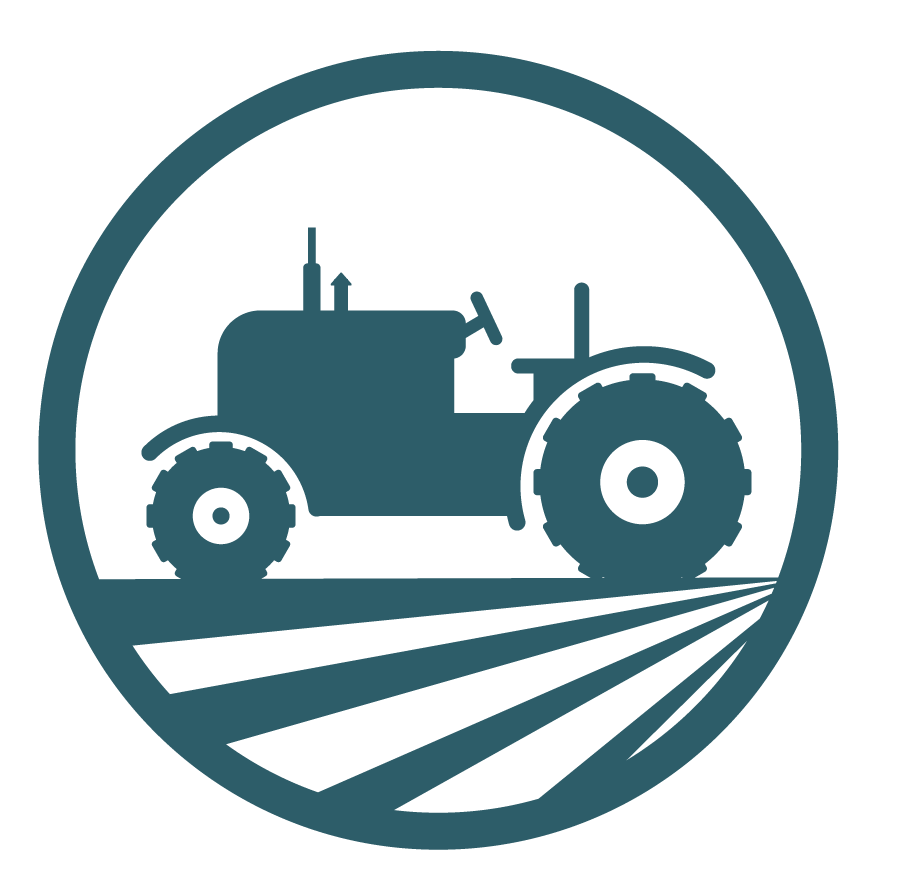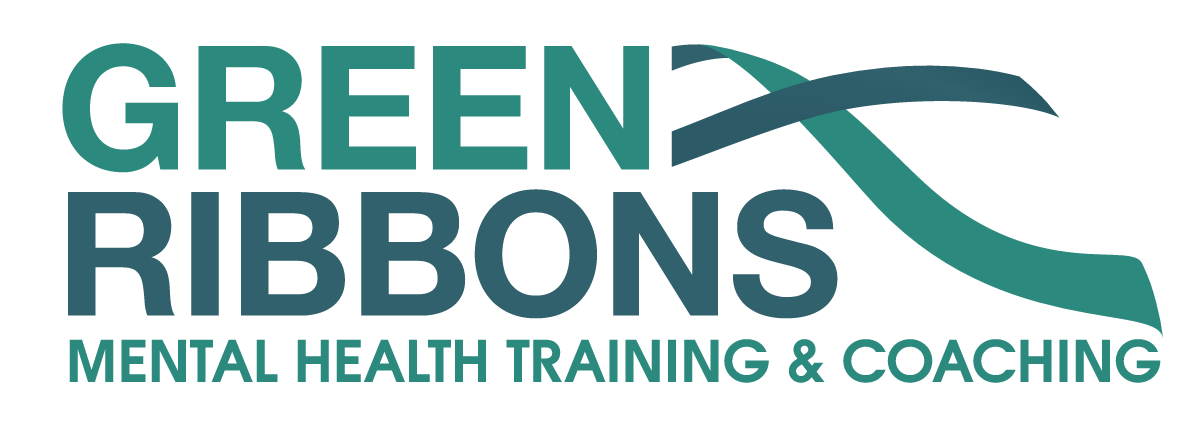Scotland’s Mental Health First Aid for Farming

Farming in Scotland presents unique stressors and mental health challenges for those who dedicate their lives to it. The unpredictable Scottish weather, financial pressures, and rural isolation can take a toll on the well-being of farmers, who often work long hours in demanding conditions. These stressors, coupled with the uncertainty brought about by changing agricultural policies and the complexities of navigating bureaucratic regulations, can exacerbate mental health issues in the farming community. Research and anecdotal evidence suggest that farmers in Scotland are at a higher risk of mental health issues compared to the general population. Additionally mental health issues among Scottish farmers are likely underreported due to factors such as stigma, limited access to mental health services in rural areas, and reluctance to seek help
- A survey by the Farm Safety Foundation in 2018 found that 81% of young farmers in the UK believed that mental health was the most significant hidden issue faced by farmers
- Research by the University of Exeter in 2020 found that 58% of farmers in the UK met the criteria for mild to severe anxiety, while 44% met the criteria for mild to severe depression
- A 2019 report from the UK Parliament’s Environment, Food and Rural Affairs Committee, found one agricultural worker in the UK dies by suicide each week
- A 2016 study published in the journal “Occupational Medicine” found that the risk of suicide among farmers was 1.48 times higher than the national average for other occupations
What’s on this page?
What are the factors affecting Mental Health in Farming?
Sound Familiar? There's something you can do for yourself, your colleagues and your friends...
Mental Health Awareness: Why should Farmers undertake Mental Health Training?
Mental health training can be beneficial for farmers for several reasons. Undertaking mental health training can help farmers better understand, manage, and support their own mental well-being and that of their peers, employees, and family members.
Here are just six reasons Farmers should undertake Mental Health Awareness Training:
Good news! There's an easily accessible solution to enhance your mental health skills...
Scotland’s Mental Health First Aid (SMHFA) – Tailored for Farmers
Scotland’s Mental Health First Aid (SMHFA) is a training program developed in Scotland to equip individuals with the skills and knowledge to provide initial support to someone experiencing mental health problems or who is in a mental health crisis. The goal of SMHFA is to promote early intervention, reduce stigma, and increase awareness of mental health issues in the community.
The training covers various mental health conditions, such as depression, anxiety, psychosis, and substance misuse, and teaches participants how to recognize the signs and symptoms of these conditions. It also provides guidance on how to approach and engage with someone who may be experiencing a mental health problem or crisis.
Green Ribbons has developed a tailored SMHFA course for Farmers, addressing some of the unique issues in the sector, based on thirty years experience living in rural Moray.
What does Scotland’s Mental Health First Aid Training Cover?
How does Scotland's Mental Health First Aid training work?
Duration
The course takes 12 Hours, typically spanning 2 full days or 4 half-day sessions, providing a comprehensive learning experience.
Certified Instructors
Courses are led by experienced, certified instructors who are continuously quality assessed by Health Scotland.
Interactive Learning
The course features a mix of presentations, group discussions, case studies, videos, and role-playing exercises to ensure a practical, hands-on learning experience.
Small Group Sizes
Classes, of 8-16, are kept small to facilitate personalised attention, encourage active participation, and foster a supportive learning environment.
ALGEE Framework
The course teaches the ALGEE action plan, which stands for Assess, Listen, Give reassurance and information, Encourage appropriate professional help, and Encourage self-help strategies.
Confidentiality
Instructors maintain a safe and confidential space for participants to share their experiences and ask questions without judgment.
Course Materials
Participants receive a comprehensive course manual and additional resources to support their learning and ongoing development.
Certification
Upon successful completion of the course, participants receive a certificate that validates their skills and knowledge as Mental Health First Aiders.
Ready to find out more? Contact Us Today
07726 780800
Call
Call us for an Informal chat about Scotland’s Mental Health First Aid and Mental Health Awareness Training
- We can discuss how SMHFA can benefit your organisation and explore options
info@greenribbons.co.uk
@GreenRibbonsHQ
Socials
- Facebook: @GreenRibbonsHQ
- Twitter: @GreenRibbonsHQ
- Instagram: @GreenRibbonsHQ







